Registering for Gas Safe: A Guide for Gas Engineers
The term register for gas safe refers to the process that gas engineers must undertake to become registered with the Gas Safe Register, the official body for gas engineers in the UK. This process ensures that only qualified and competent individuals are permitted to carry out gas work, protecting the public from unsafe installations and appliances. This guide outlines the key steps involved in the process to register for gas safe, including the qualifications required, the application procedure, and the ongoing obligations of registered engineers.
The Gas Safe Register is the only legal register for gas engineers in the UK, replacing CORGI in 2009. To “register for gas safe” signifies gaining the necessary qualifications, skills, and knowledge to work safely and legally on gas appliances. While this guide focuses on how engineers register, it’s important for landlords and homeowners to always check that any engineer they hire is on this register. Working on gas appliances without being registered is illegal and can have serious consequences, including prosecution and putting lives at risk.
To register for gas safe, aspiring gas engineers must first obtain the necessary qualifications. These typically involve completing a recognized gas engineering course and achieving relevant certifications, such as ACS (Accredited Certification Scheme) qualifications. The specific qualifications required will depend on the type of gas work the engineer intends to carry out. For example, different qualifications are needed for working on central heating systems, gas fires, or cookers. Once the engineer has obtained the necessary qualifications, they can apply to join the Gas Safe Register. The application process involves providing evidence of qualifications, undergoing a competency assessment, and paying a registration fee.
Once an engineer has been accepted onto the Gas Safe Register, they are subject to ongoing obligations to maintain their registration. This includes renewing their registration annually, maintaining their competency through ongoing training and assessment, and complying with the Gas Safe Register’s rules and regulations. The Gas Safe Register also conducts regular inspections of registered engineers to ensure they are adhering to safety standards and carrying out gas work to a high standard. By “registering for gas safe” and maintaining their registration, engineers demonstrate their commitment to safety and professionalism, providing reassurance to customers that they are receiving a safe and reliable service.

Talk To Us!
Have Questions? Call Us Today for Expert Advice & Instant Assistance.
020 8609 7777
Booking assistance & Support

Fire Risk Assessment

Gas Safety Certificate
Gas Safety Certificate – Domestic – Meter & Upto 2 appliances
£57.99 Book NowGas Safety Certificate – Domestic – Meter & Upto 4 appliances
£77.99 Book NowCarbon Monoxide Alarm
£80 Book NowGas Safety Certificate – Domestic – “Discounted Offer” Boiler Service + Gas Certificate & 2 appliances
£89.99 Book NowGas Safety Certificate – Commercial – 1 appliance
£199 Book NowGas Safety Certificate – Commercial – 2 appliances
£245 Book NowGas Safety Certificate – Commercial – Boiler Service
£280 Book Now

Electric Safety
Studio Appartments Electrical Safety Certificate (EICR)
£65 Book NowPAT Testing Up To 10 Items
£58 Book NowDomestic Electrical Safety Certificate EICR 1 – 3 Bedroom – 1 Consumer Unit Up to 12 Circuits
£99 Book NowDomestic Electrical Safety Certificate EICR 4 Bedrooms – 1 Consumer Unit Up to 12 Circuits
£120 Book NowCommercial Electrical Certificate (EICR) – 1 Consumer Unit Up to 12 Circuits
£149 Book NowDomestic Electrical Safety Certificate EICR 5 Bedrooms – 1 Consumer Unit Up to 12 Circuits
£150 Book NowDomestic Electrical Safety Certificate EICR 6 Bedrooms – 1 Consumer Unit Up to 12 Circuits
£158.33 Book NowFuse Box Installation
£415.83 Book Now

Energy Performance

Inventory Services

Asbestos Surveys

Electric-Gas Appliances & Hob Installations

Talk To Us!
Get in touch if you're uncertain or need assistance ?
020 8609 7777
Talk to a Friendly Advisor
Accreditations

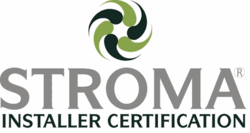
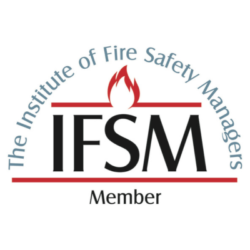
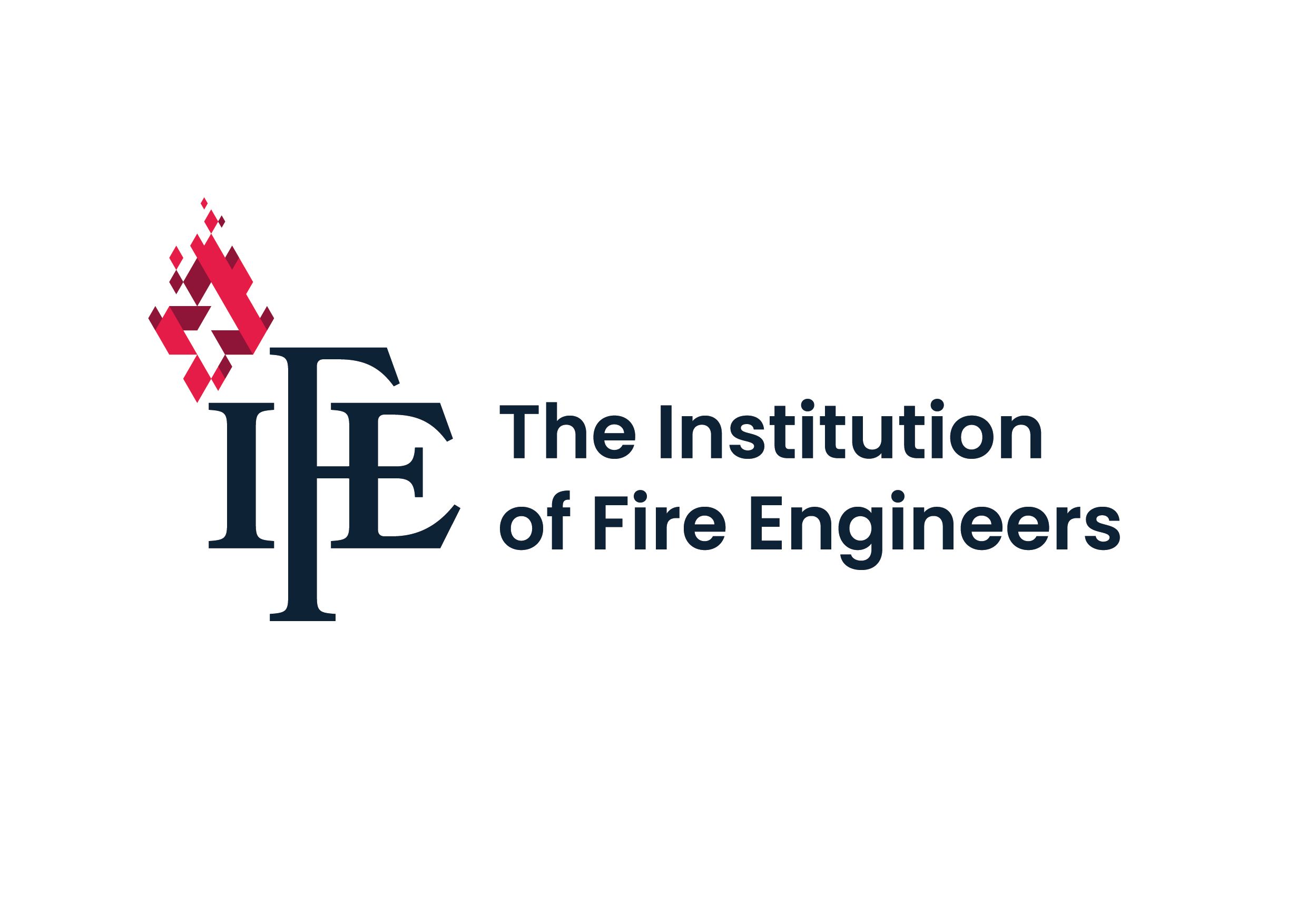
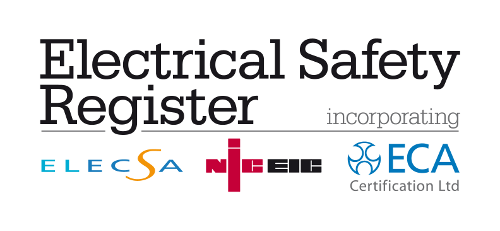
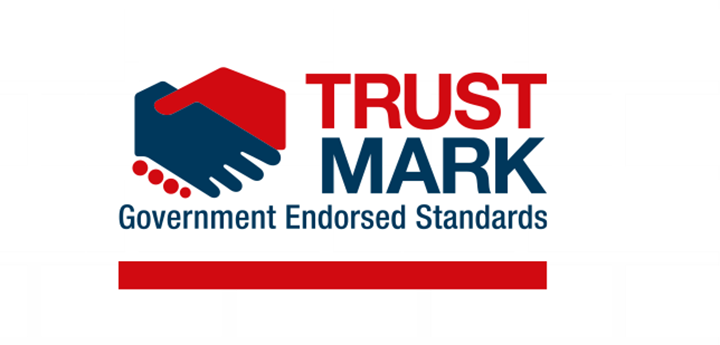
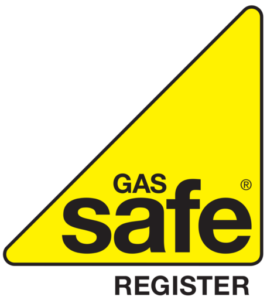
Help & Advice
-
Understanding PEEPs in Residential Settings What Landlords and Housing Providers Must Know
In the wake of the Grenfell Tower tragedy, the UK government has introduced stricter fire safety responsibilities for those managing residential buildings. One of the most significant changes is the
-
EPC 2025 Rule Changes – What UK Landlords Must Know
In the push toward a greener and more energy-efficient Britain, the UK Government has proposed major changes to Energy Performance Certificate (EPC) rules that will significantly impact landlords. From 2025,
-
Commercial Gas Safety Certificate London Expert Guide for Business Properties
For commercial property owners and landlords in London, obtaining a valid commercial gas safety certificate is both a legal obligation and a critical safety measure. Unlike domestic properties, commercial premises often have
-
Gas and Electric Safety Checks A Landlord’s Legal Guide.
As a London landlord, maintaining proper gas and electric safety checks is not optional—it's a legal requirement that protects your tenants and your property investment. Under UK law, you must
-
Portable Appliance Testing Certificate for Rental Properties
A Portable Appliance Testing (PAT) certificate is a document that confirms electrical appliances in a rental property have been tested for safety. While not a legal requirement for private landlords
-
 Understanding PEEPs in Residential Settings What Landlords and Housing Providers Must Know
Understanding PEEPs in Residential Settings What Landlords and Housing Providers Must Know
-
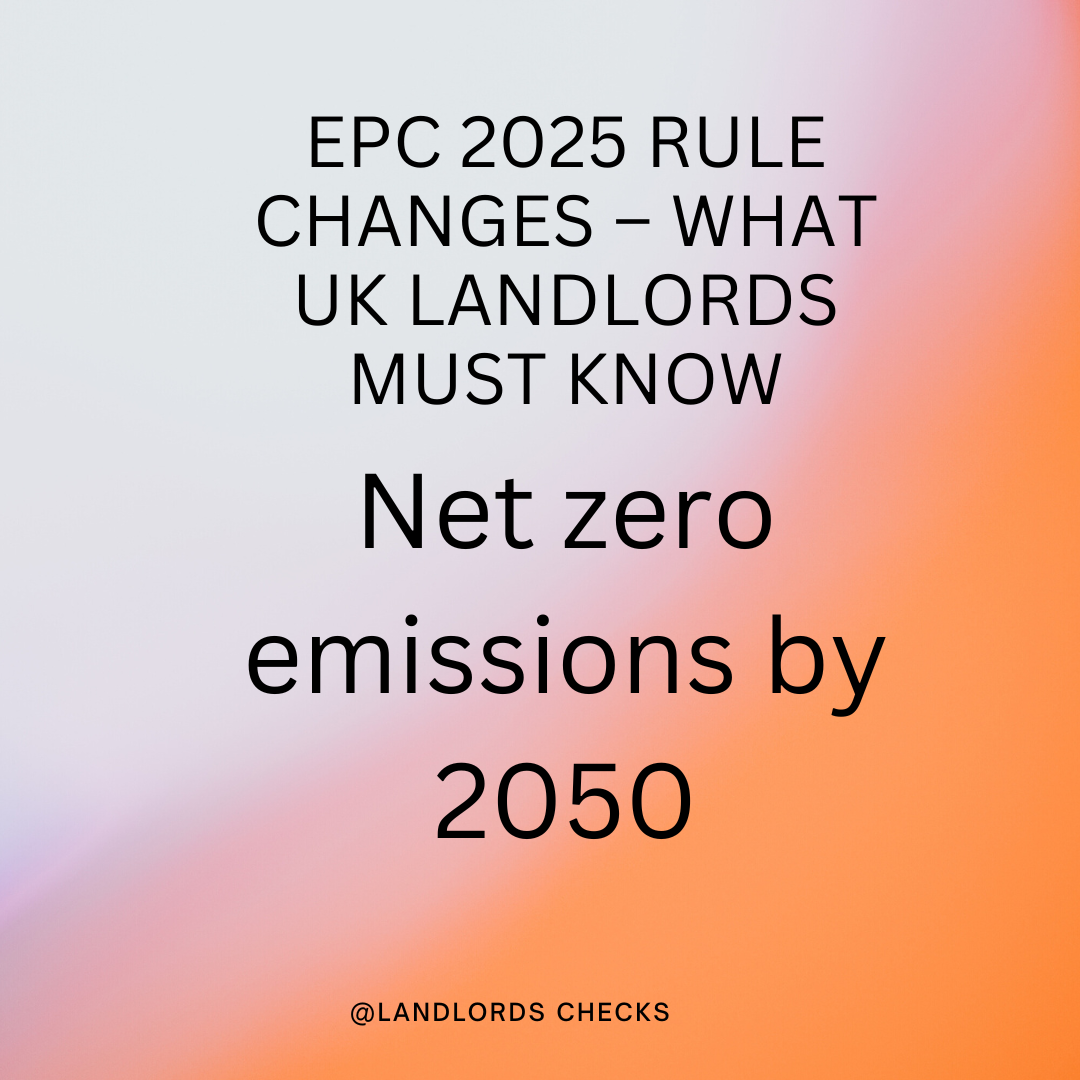 EPC 2025 Rule Changes – What UK Landlords Must Know
EPC 2025 Rule Changes – What UK Landlords Must Know
-
 Commercial Gas Safety Certificate London Expert Guide for Business Properties
Commercial Gas Safety Certificate London Expert Guide for Business Properties
-
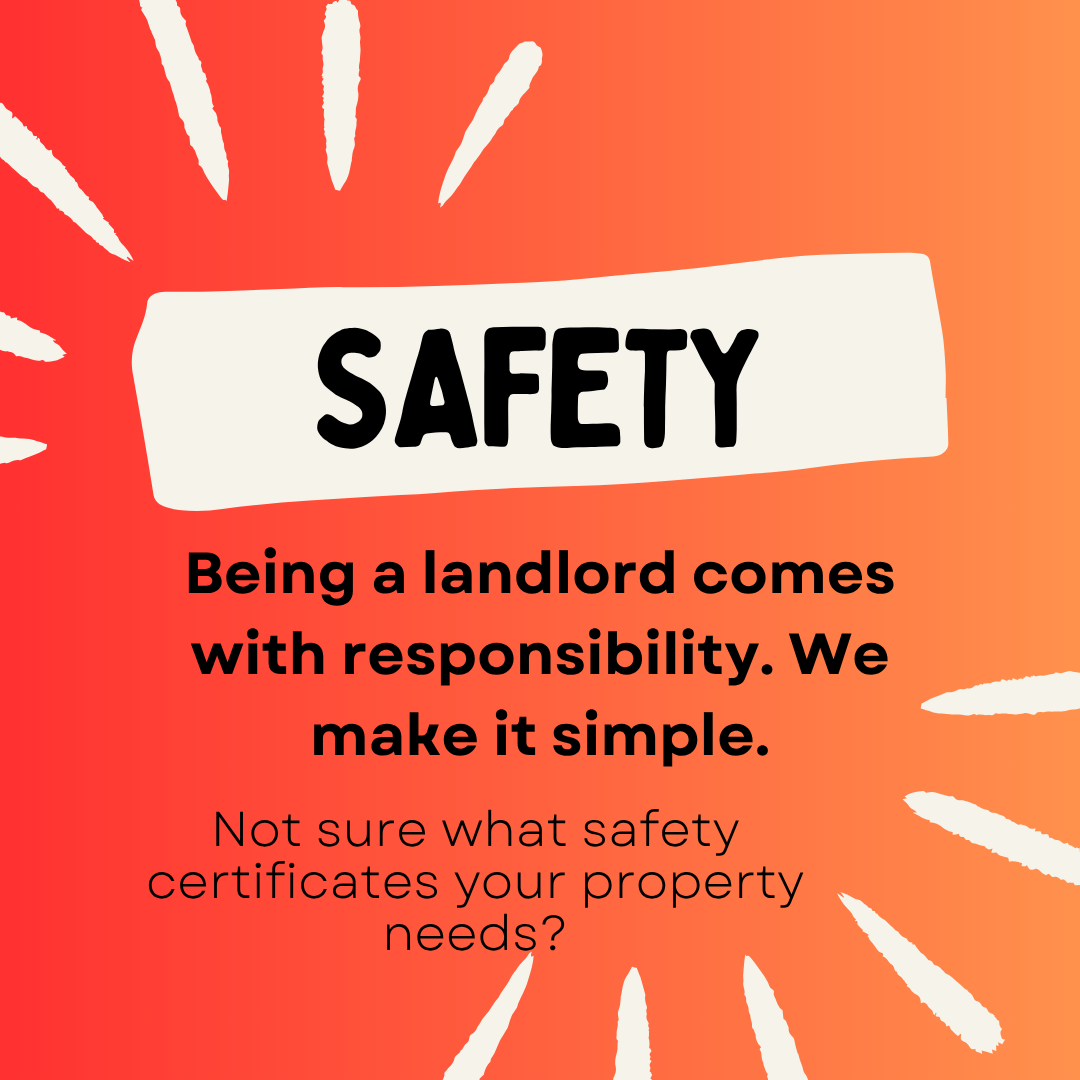 Gas and Electric Safety Checks A Landlord’s Legal Guide.
Gas and Electric Safety Checks A Landlord’s Legal Guide.
-
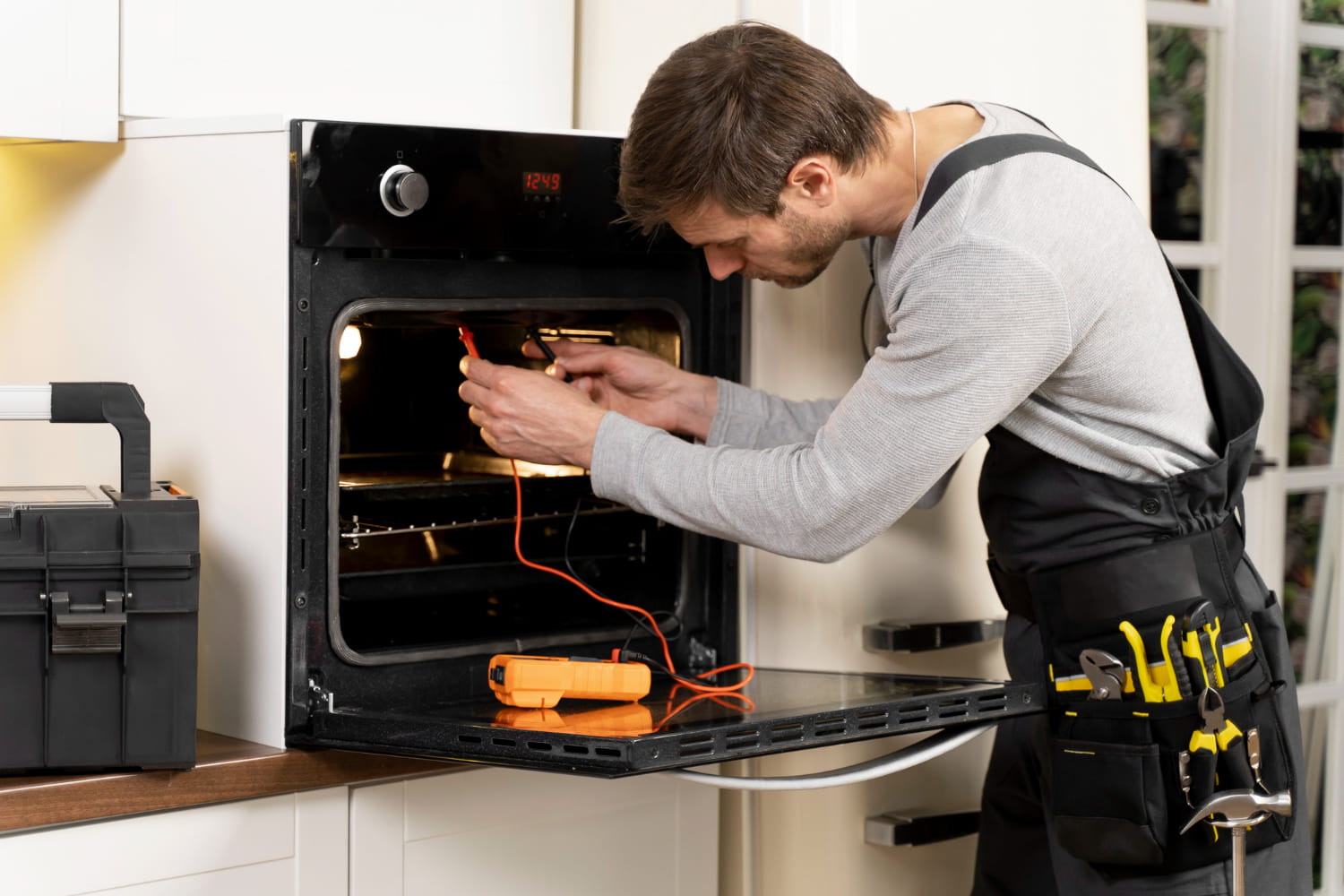 Portable Appliance Testing Certificate for Rental Properties
Portable Appliance Testing Certificate for Rental Properties




